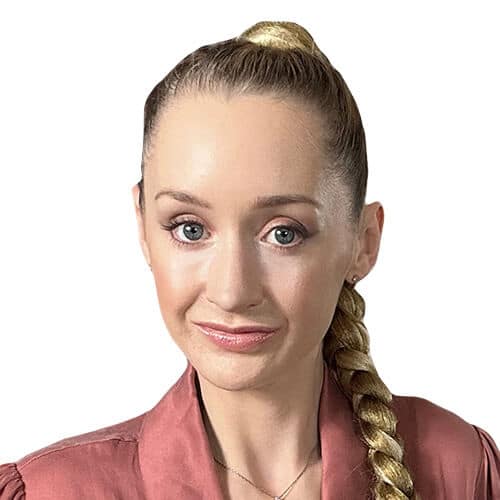Although most of us have experienced from time to time difficulties falling asleep or waking up, they usually go away. However, if such sleep problems persist, they might be the symptom of a sleep disorder. Unsatisfactory quality of sleep affects many aspects of one’s life such as energy levels, emotional balance, productivity and general health.
Below is a symptom checklist for sleep disorders. If you answer “yes” to any of the following then you may benefit from Sleep Disorder Treatment to help you get the best night’s sleep.
- Do you feel irritable or sleepy during the day?
- Do you have difficulty staying awake when sitting still, watching television or reading?
- Do you fall asleep or feel very tired while driving?
- Do you have difficulty concentrating?
- Do you often get told by others that you look tired?
- Do you react slowly?
- Do you have trouble controlling your emotions?
- Do you feel like you have to take a nap almost every day?
- Do you require caffeinated beverages to keep yourself going?
-
Insomnia
The most common sleep disorder is insomnia. This is a deficit in the amount of sleep you need to wake up feeling rested and refreshed. It is often a symptom of another problem such as stress, anxiety, depression or an underlying health condition. But lifestyle changes such as medication, lack of exercise, jet lag or caffeine in the bloodstream can lead to insomnia.
-
Symptoms of insomnia include:
- difficulty falling asleep at night or getting back to sleep after waking during the night;
- waking up often during the night;
- fragmented, light or unrefreshing sleep;
- medication and supplements are required to get to sleep;
- low energy and sleepiness during the day.
-
Sleep Apnea
Sleep Apnea is a sleep disorder characterised by the stopping of breathing during sleep due to blocked airways. This causes the individuals to wake up many times each hour. Although there are usually no recollections of these awakenings, the effects can be seen through the lack of energy, irritability, depression and lack of productivity that the individual experiences every day.
-
Symptoms of sleep apnea include:
- Loud, chronic snoring
- Frequent pauses in breathing during sleep
- Gasping, snorting, or choking during sleep
- Feeling unrefreshed after waking and sleepy during the day, no matter how much time you spent in bed
- Waking up with shortness of breath, chest pains, headaches, nasal congestion, or a dry throat.
-
Restless Legs Syndrome
Restless legs syndrome is a disorder that causes an irresistible urge to move your legs and arms. Uncomfortable, tingly and aching sensations lead to this phenomenology when resting or lying down.
-
Symptoms of restless legs syndrome include:
- Uncomfortable sensations deep within the legs, accompanied by a strong urge to move them.
- The leg sensations are triggered by rest and get worse at night.
- The uncomfortable sensations temporarily get better when you move, stretch, or massage your legs.
- Repetitive cramping or jerking of the legs during sleep.
-
Narcolepsy
Narcolepsy is another sleep disorder that causes excessive and out of control daytime sleepiness. There is a dysfunction in the brain mechanisms that are involved in the day and night cycles. Individuals affected are prone to have sleep attacks during the day while talking, walking or even driving.
-
Symptoms of narcolepsy include:
- Seeing or hearing things when you’re drowsy or starting to dream before you’re fully asleep.
- Suddenly feeling weak or losing control of your muscles when you’re laughing, angry, or experiencing other strong emotions.
- Dreaming right away after going to sleep or having intense dreams
- Feeling paralyzed and unable to move when you’re waking up or dozing off.
-
What does treatment for Sleep Disorders involve
-
How Can I Get Treatment For Sleep Disorders In London?
If you would like to talk to someone about Sleep Disorder treatment in London, please get in touch with the Private Therapy Clinic on Whatsapp message at: +447511116565 email, chat bot or book online to arrange an appointment.


















